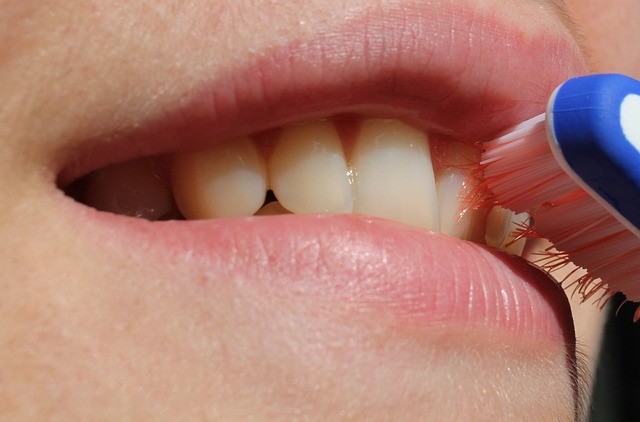Endodontics in Eugene, Oregon, specializes in saving tooth roots and pulp through advanced procedures like root canal treatments. These services, provided by experts, remove infected tissue, clean root canals, and seal them to prevent further decay, preserving natural teeth. Choosing a professional endodontist offers state-of-the-art care, accurate diagnoses, and patient education. Root canal treatments involve a precise process with numbing, access, cleaning, filling, and sealing, followed by manageable sensitivity and essential aftercare. Regular check-ups ensure treatment success.
“Discover top-tier dental care with professional endodontic services in Eugene, Oregon. Our city boasts a growing number of skilled endodontists dedicated to saving tooth roots through advanced root canal treatments. Understanding endodontics is key to maintaining oral health, and our experts guide you through the process, ensuring comfort and long-lasting results. Whether facing a toothache or dental emergency, choosing an experienced endodontist in Eugene can make all the difference. Learn about the benefits of professional care and what to expect during and after root canal procedures.”
- Understanding Endodontics: The Art of Saving Tooth Roots
- Why Choose a Professional Endodontist in Eugene, Oregon?
- What to Expect During and After Root Canal Treatment
Understanding Endodontics: The Art of Saving Tooth Roots

Endodontics is a specialized branch of dentistry that focuses on the intricate process of saving and restoring tooth roots. It involves the careful treatment and management of the pulp, which is the soft tissue at the center of a tooth containing blood vessels, nerves, and connective tissue. When a tooth becomes infected or damaged, endodontic care becomes crucial to prevent further decay and potential loss.
In Eugene, Oregon, professional endodontic services are offered to address various dental issues, including root canal treatments. A root canal procedure is one of the most common endodontic procedures where the infected pulp is carefully removed, and the root canal is cleaned, shaped, and sealed to prevent further infection. This advanced technique not only saves the natural tooth but also alleviates pain and discomfort associated with dental infections.
Why Choose a Professional Endodontist in Eugene, Oregon?

Choosing a professional endodontist in Eugene, Oregon, can significantly impact your dental health and overall well-being. Endodontics, specializing in the treatment of dental pulp and roots, is a complex field that requires advanced knowledge and skills. An expert endodontist in Eugene offers state-of-the-art procedures, ensuring precise root canal treatments with minimal discomfort. With their specialized training, they can accurately diagnose and treat even the most challenging cases, preserving your natural teeth.
In a city like Eugene, where dental care is readily accessible, selecting a qualified endodontist makes a difference. They employ modern technology, providing comfortable and efficient root canal therapies. Moreover, these professionals prioritize patient education, ensuring you understand your treatment options and making informed decisions about your oral health.
What to Expect During and After Root Canal Treatment

During root canal treatment, your dentist in Eugene Oregon will first numbed the area around the tooth to ensure you’re comfortable throughout the procedure. They will then make a small opening in the tooth to access the infected or damaged pulp inside. The goal is to clean out the infected tissue and fill the space with a special material to seal it off. This process effectively removes the source of infection, alleviating pain and preventing further damage.
Afterward, your tooth might feel sensitive for a few days as it heals. Your dentist will usually recommend over-the-counter pain relievers to manage any discomfort. It’s important to follow their aftercare instructions, including keeping the treated area clean and avoiding certain foods that could irritate the site. Regular check-ups are crucial to ensure the treatment was successful and to monitor your oral health long-term.
